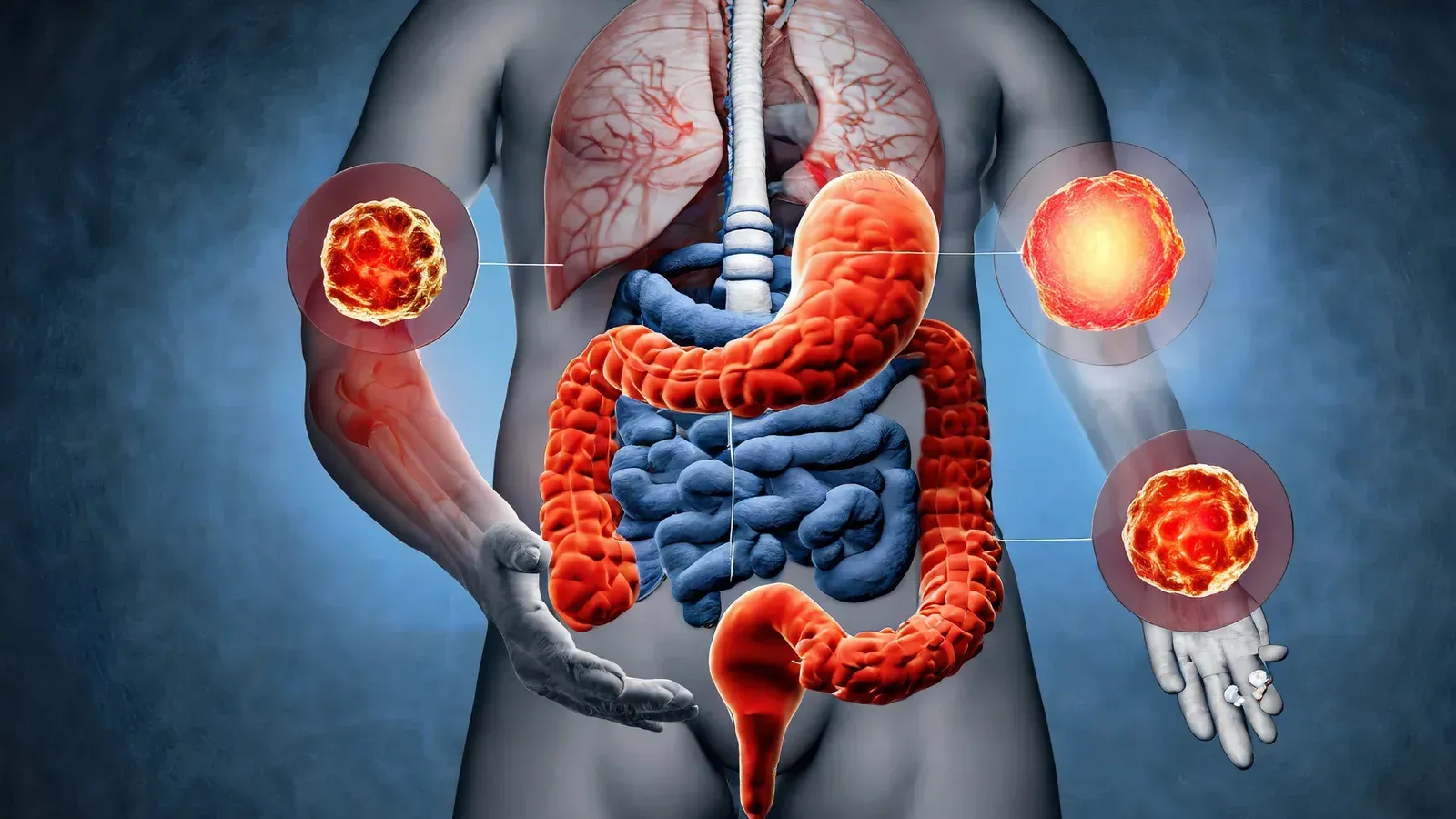Decoding Idiopathic Gastroparesis: Unraveling the Diagnosis Process
Idiopathic gastroparesis poses a unique challenge in the realm of gastroenterology, requiring a comprehensive approach to diagnosis and management. This article delves into the intricacies of diagnosing idiopathic gastroparesis, shedding light on the symptoms, treatment options, and the pivotal role of gastroenterology research in advancing our understanding of this complex condition.
Understanding Idiopathic Gastroparesis: Symptoms and Causes:
Idiopathic gastroparesis is characterized by delayed gastric emptying without a known cause, leading to symptoms such as nausea, vomiting, bloating, and early satiety. Exploring the symptoms and potential underlying causes of idiopathic gastroparesis is crucial for accurate diagnosis and targeted treatment strategies.
Navigating the Diagnostic Journey for Idiopathic Gastroparesis:
Diagnosing idiopathic gastroparesis often involves a series of tests, including gastric emptying studies, upper endoscopy, and imaging scans. The diagnostic process aims to rule out other conditions and confirm delayed gastric emptying as the primary cause of symptoms, guiding healthcare providers in developing an individualized treatment plan.
Treatment Modalities for Idiopathic Gastroparesis:
Managing idiopathic gastroparesis may involve a multimodal approach, including dietary modifications, medication therapy, and in some cases, surgical interventions. Tailoring treatment modalities to address the unique needs of each patient is essential for optimizing symptom control and improving quality of life.
The Impact of Gastroenterology Research on Idiopathic Gastroparesis:
Gastroenterology research plays a pivotal role in enhancing our understanding of idiopathic gastroparesis and exploring novel treatment avenues. Clinical trials and studies focused on gastroparesis contribute valuable insights into the pathophysiology of the condition, paving the way for innovative therapies and improved patient outcomes.
In conclusion, navigating the diagnosis and management of idiopathic gastroparesis requires a multidisciplinary approach that integrates clinical expertise, advanced diagnostic tools, and ongoing research efforts. By staying at the forefront of gastroenterology research and adopting personalized treatment strategies, healthcare providers can empower patients with idiopathic gastroparesis to lead healthier and more fulfilling lives.









